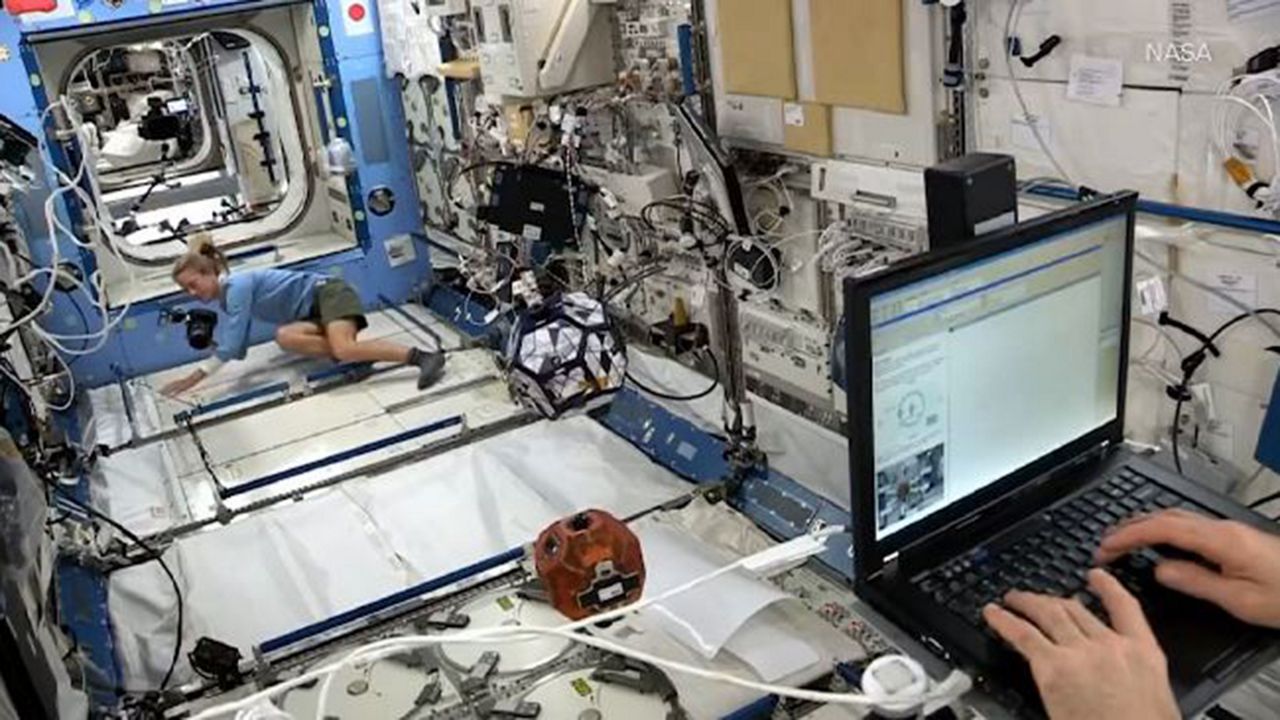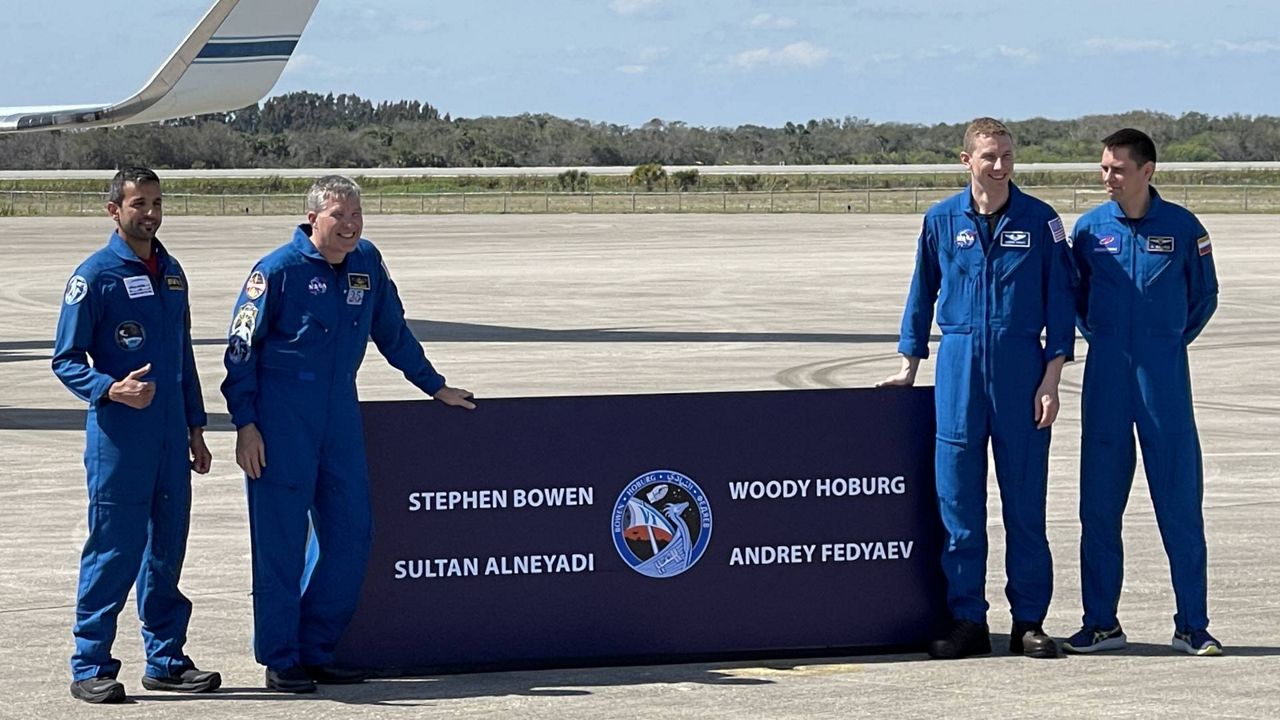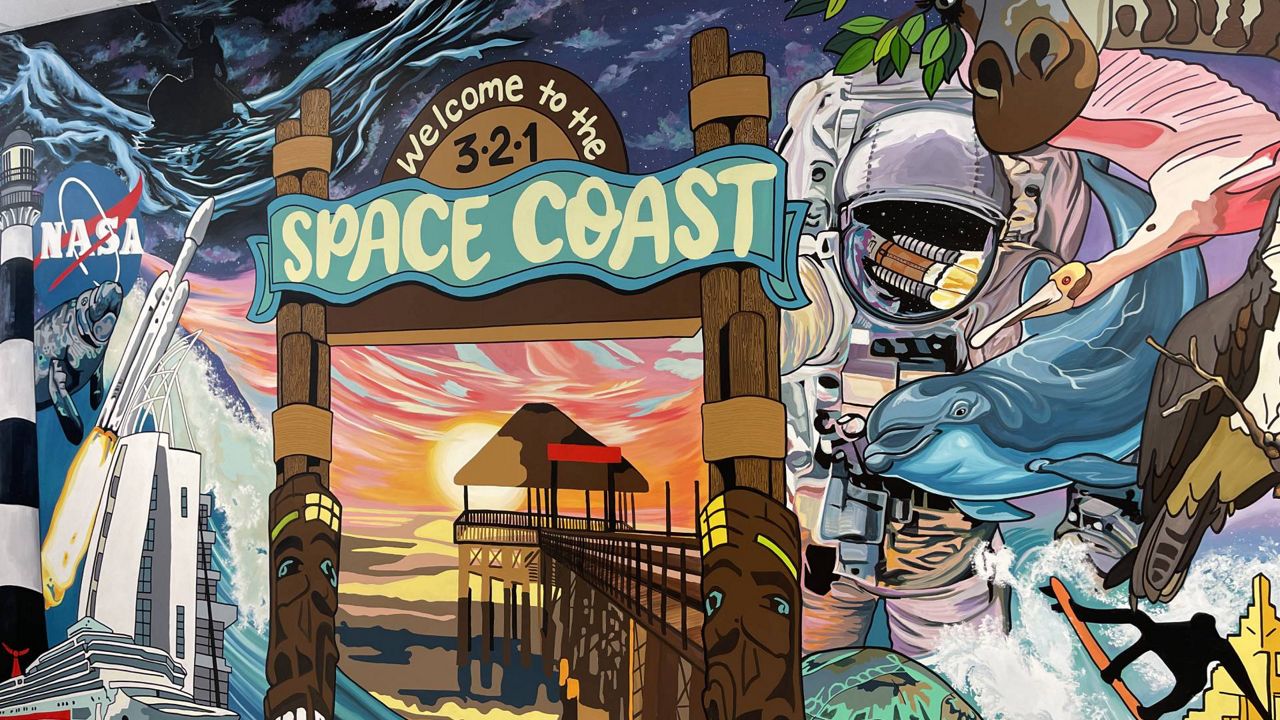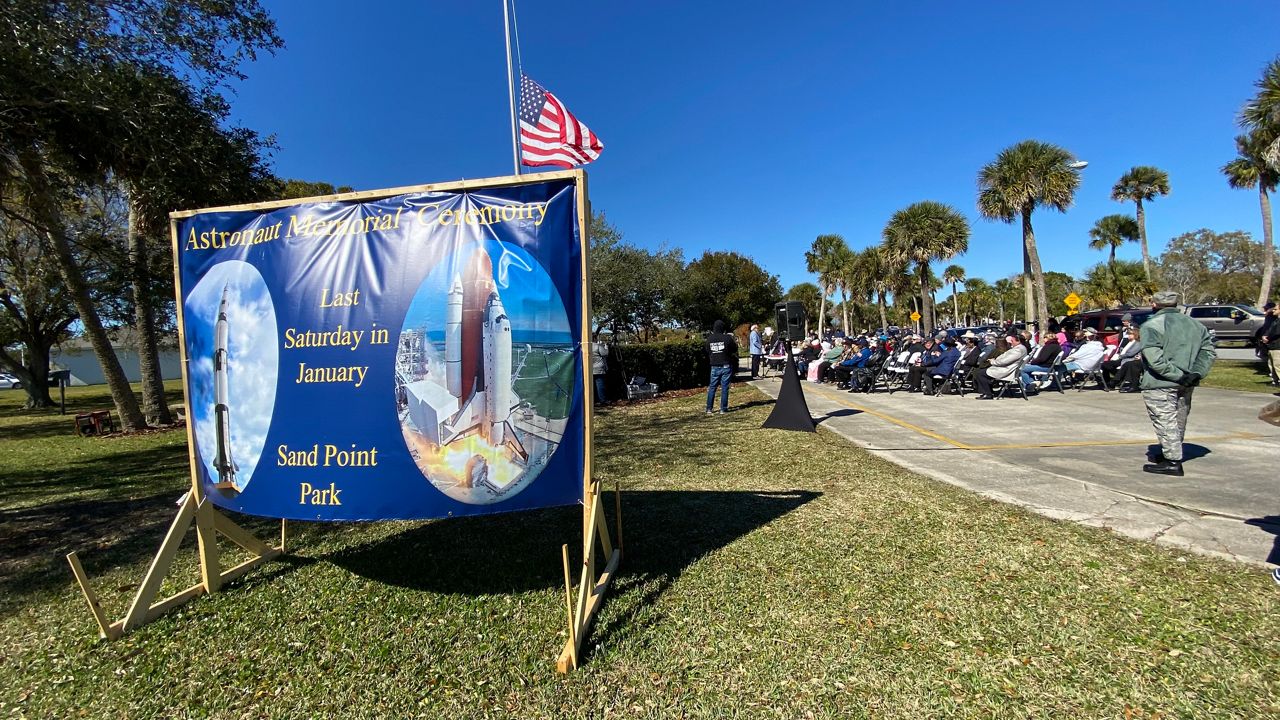BREVARD COUNTY, Fla. -- NASA and its commercial partners are poised to send crew back to the International Space Station from American soil this year for the first time since the space shuttle retired.
- NASA astronauts set to return to space from American soil
- Government report questions timeline of launches from space companies
- SpaceX, Boeing are preparing to send crewed missions to ISS
But, a new government report is questioning the agency’s timeline.
NASA's goal is to launch people into space by March, just a month away.
The reason – NASA expects to drop one astronaut onboard the orbiting outpost by April 2020.
Two recent tests are setting the stage for NASA astronauts to return to space.
The two contractors – Boeing and Space X – are working to prove they are ready to safely fly crew to the International Space Station.
Boeing's Starliner capsule flew on an un-crewed flight in December. But a glitch prevented the spacecraft from docking for a week long mission. Two days later, the capsule successfully landed back on Earth.
Space X performed a successful launch abort test in January. Its un-crewed Dragon capsule safely blasted away from the Falcon 9 rocket which was purposely destroyed.
In March of 2019, the company successfully completed an un-crewed test flight to the ISS.
Both companies had contracted to fly crew by late 2019 and early 2020. But that hasn't happened yet.
Space Florida's Dale Ketcham says he's not surprised the commercial crew effort is behind schedule.
"It's important for organizations like the GAO to point out where things aren't being done efficiently," Ketcham said.
NASA tells the U-S Government Accountability Office a March 2020 operational mission would allow the ISS to continue normal operations such as maintenance, research and development.
But NASA requires two astronauts for spacewalks, to perform fixes or repairs in tandem.
If there is only one on board, no spacewalks would be planned.
NASA says they are training Russian cosmonauts in the event of an emergency.
Ketcham adds there may be delays, but doing things right *now will pay off down the road.
"If we screw this up, it's going to cost a lot more and take a lot longer," he said.
If U.S. crewed missions don't happen in time this year, NASA may have to resort to buying more seats on Russian Soyuz rockets at a cost of 80 million dollar each.
“In order to maintain our space program and keep America first in space, we must be able to launch American astronauts on American rockets from American soil. It’s imperative to our national security that we accomplish this goal safely and hopefully we will see this happen in the coming months,” Rep. Posey said.
The GAO also says NASA and the FAA need to communicate with one another about waivers to speed up flight licenses before any crewed mission.




